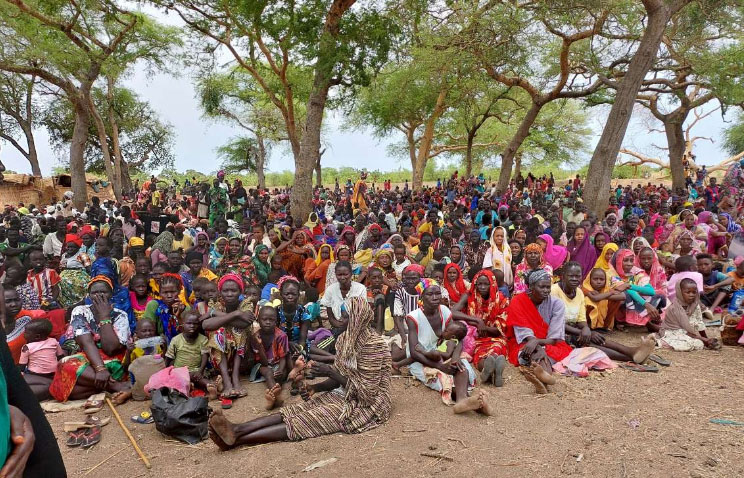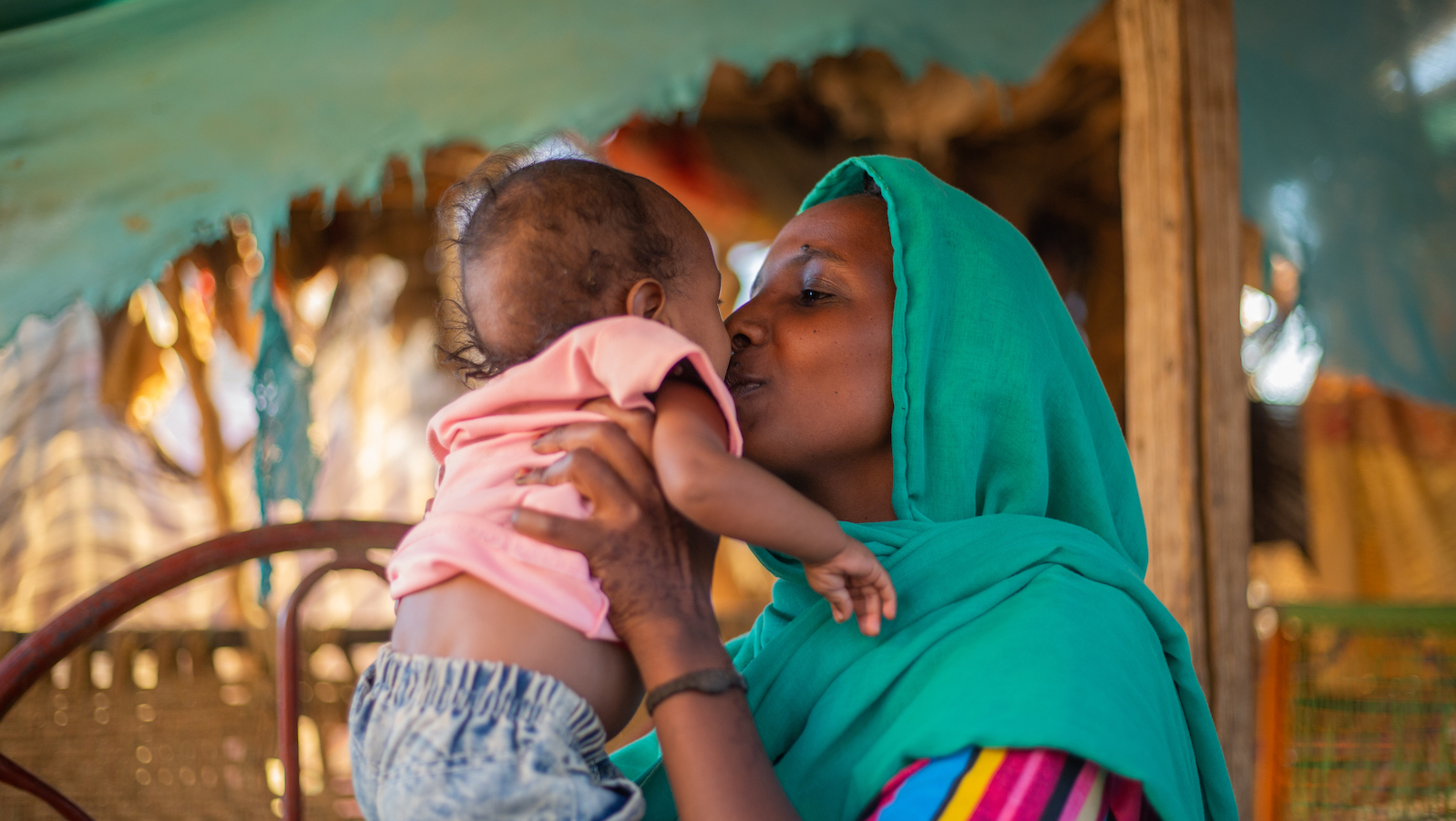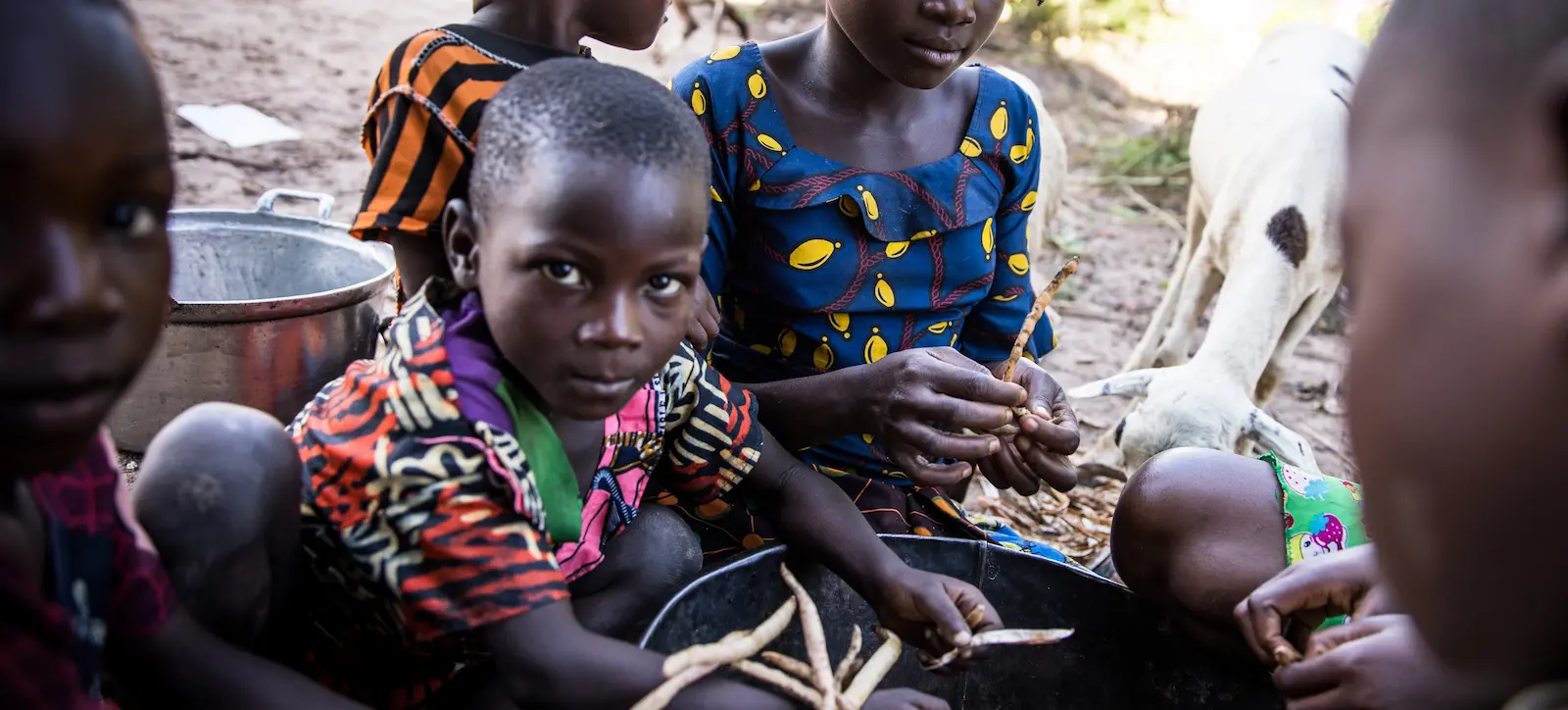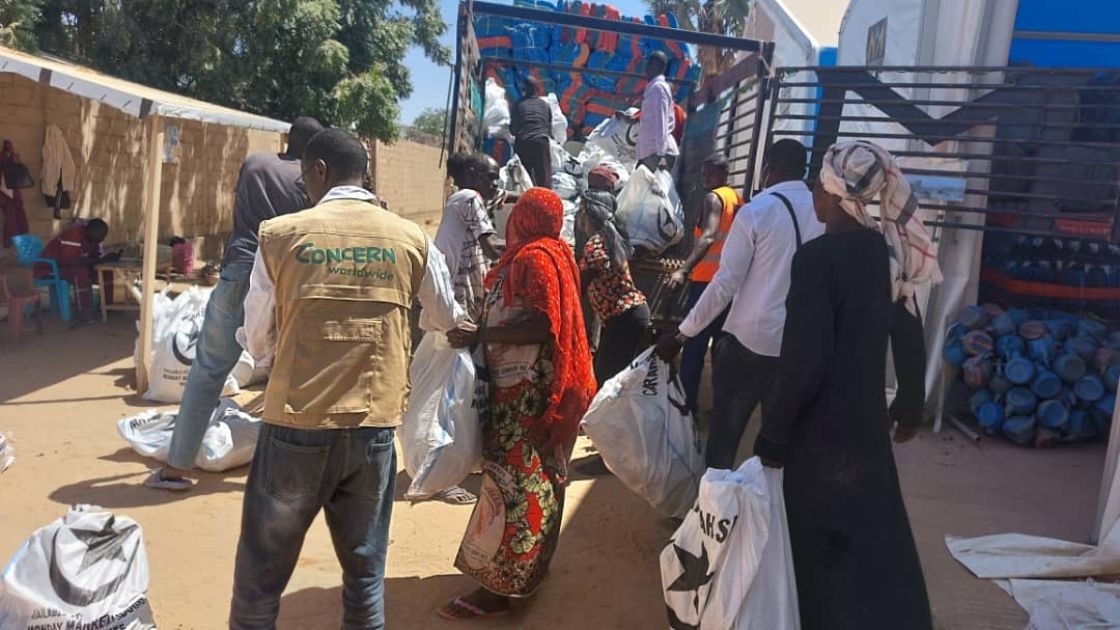Concern's Humanitarian Ambassador, Dominic MacSorley, has temporarily taken leave from his U.S. duties to return to Sudan as Interim Country Director for Concern. It's a country with which he is very familiar, and he warns that the tragedies of the past could well be eclipsed by what's happening now.
In April, as conflict engulfed Khartoum, the Northeast African nation of Sudan became an international news story, featuring dramatic airlifts and evacuation convoys, much as Kabul had in the summer of 2021. But, similar to Afghanistan, the media coverage has largely moved on, just as the real story is beginning to unfold.
In the six months since this conflict began, brutal fighting between Sudanese Armed Forces and the paramilitary Rapid Support Forces has reportedly cost over 5,000 lives, many of them civilians.
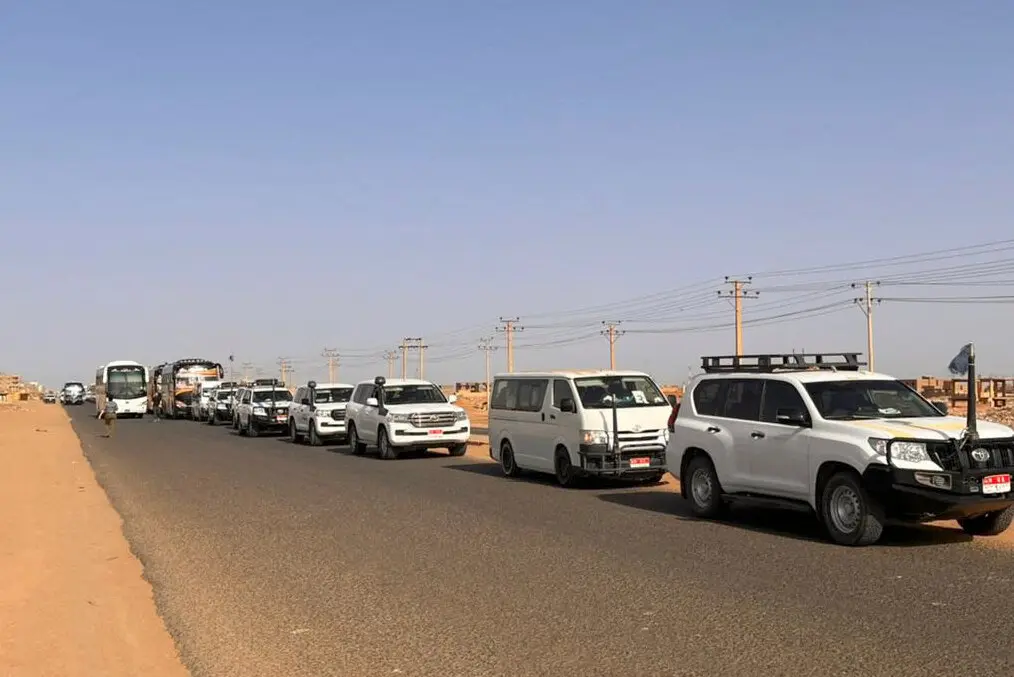
Sudan now has the highest number of internally displaced people in the world, at 8.4 million people eclipsing both Syria and Ukraine. More than half the population – 24.7 million people – need humanitarian assistance. This includes over three million children estimated to be acutely malnourished, 621,000 of whom face severe acute malnutrition.
There has been a near total collapse of health, food, and economic infrastructure. According to the WHO, about 65% of the population have no access to health services, and more than 70% of health facilities in conflict areas are not functioning.
Reports of atrocities including sexual violence and civilians being targeted for their ethnicity have prompted the International Criminal Court to launch a war crimes investigation.
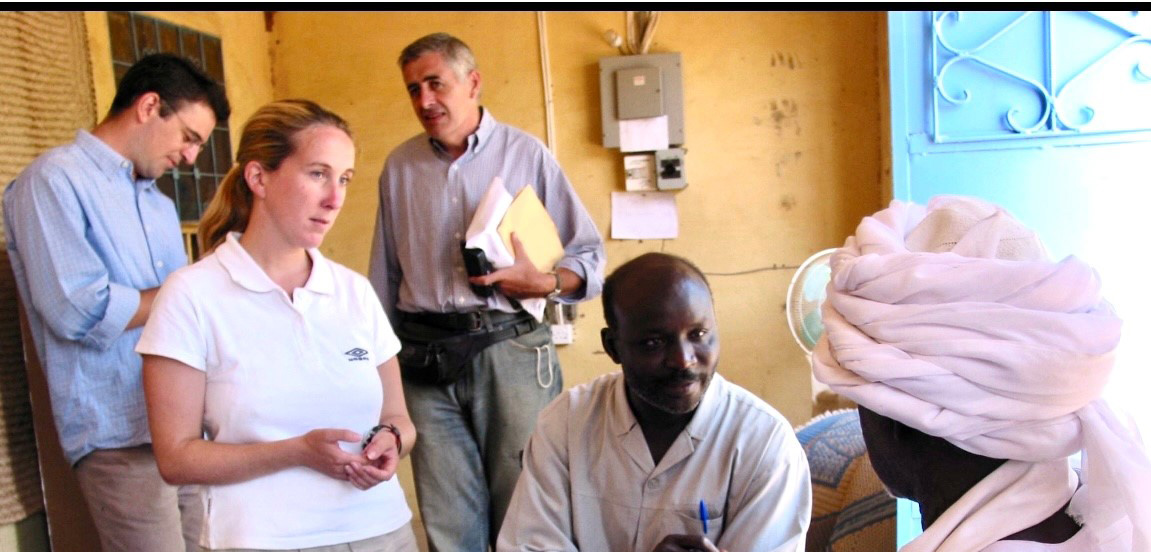
Concern has been operating in Sudan since 1985. I was part of that first response team and was to return multiple times over the years. I have seen how the Sudanese, a proud, private people, hide their emotions when they are in pain or struggling. Resilience, self-restraint, and courage are part of the national character, but the last six months have pushed people beyond human endurance. Eyewitnesses, our own staff among them, share harrowing stories of loved ones shot dead, mothers separated from children in the scramble to escape, and families making a perilous escape with literally just the clothes on their backs.
For those who have managed to reach the refugee camps in Chad and South Sudan, Concern is providing basic materials for shelter and survival, emergency nutritional support for severely malnourished children, and mobile health clinics.
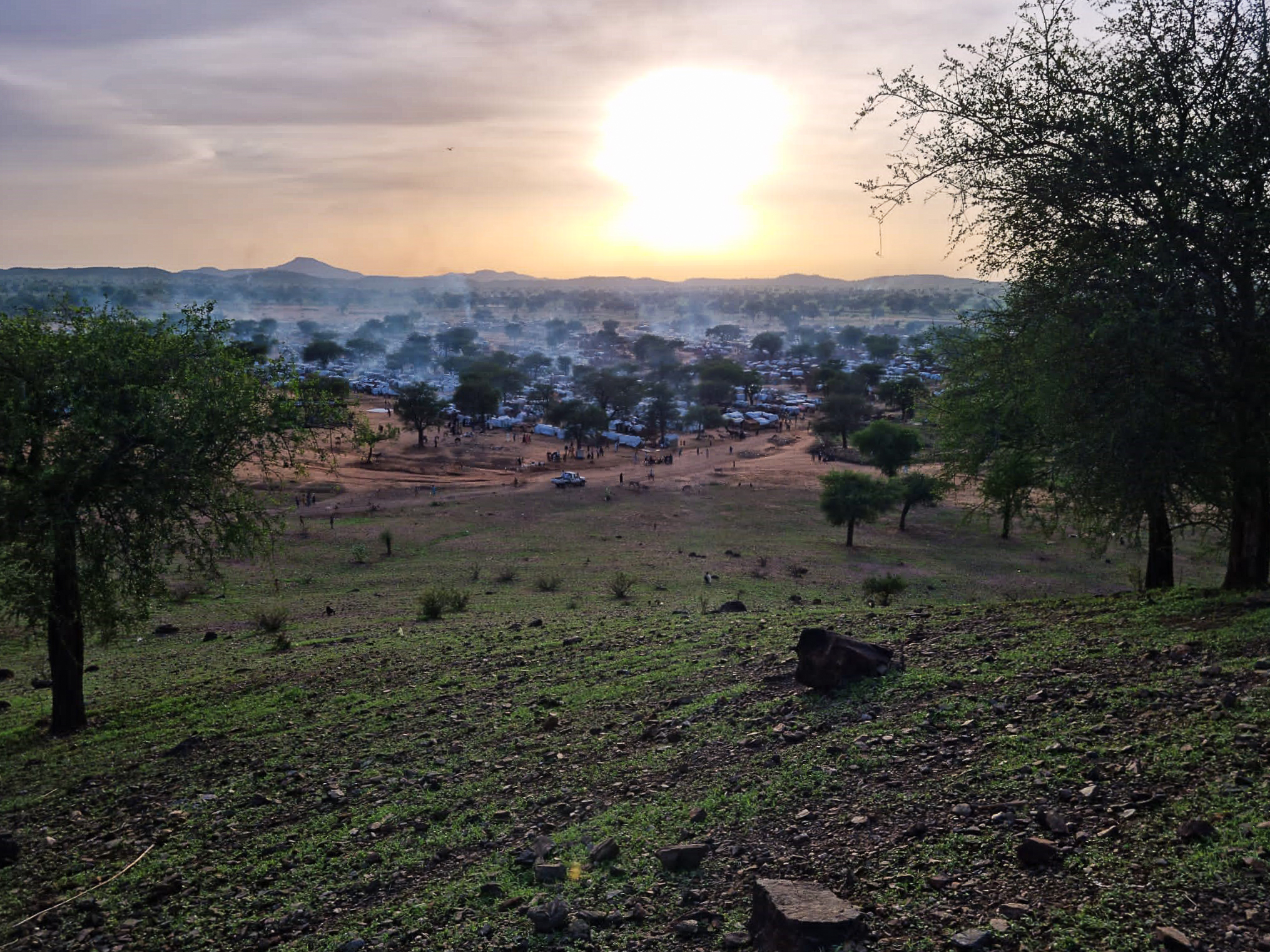
Concern staff, along with much of the aid community, were re located from Khartoum to Port Sudan, which has now become the coordination hub and a key entry point for food and emergency supplies.
In the past weeks, we have trucked tons of medical supplies across thousands of miles to medical centers in both Kordofan and West Darfur, with more on the way. It is a massive logistics operation in a country that stretches across 720,000 square miles. Distances are vast and it can take weeks for trucks to travel from Port Sudan to Concern’s bases in Kordorfan or from N’djamena, the capital of Chad, to West Darfur.
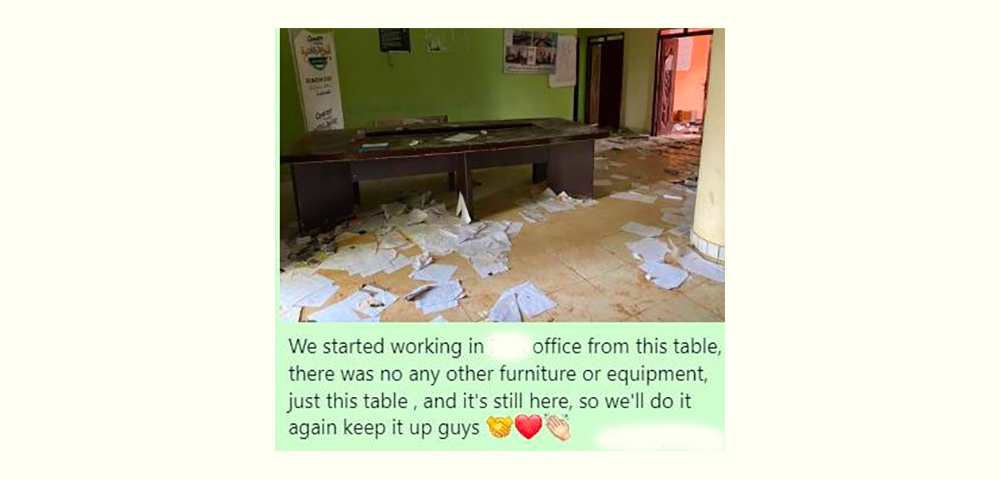
In these conflicted states, despite having almost all Concern's offices and warehouses looted, our staff have regrouped and restarted critical services to the communities and the growing number of displaced families; mobile health clinics are back up and running and cash assistance is being provided to hundreds of households. It's a credit to the dedication of the Sudanese staff who work with Concern, many of whom who have suffered loss and tragedy.
Aid is getting through, however it is not nearly enough. The conflict has resulted in the destruction of livelihoods, restricted access to markets, and have left over 16 million people highly food insecure.
Nutrition supplies across the country are running low and this threatens the lives of hundreds of thousands of children. It could have devastating consequences. In 2022, Concern was supporting over 200,000 malnourished children in Sudan. Today, many of those are out of reach.
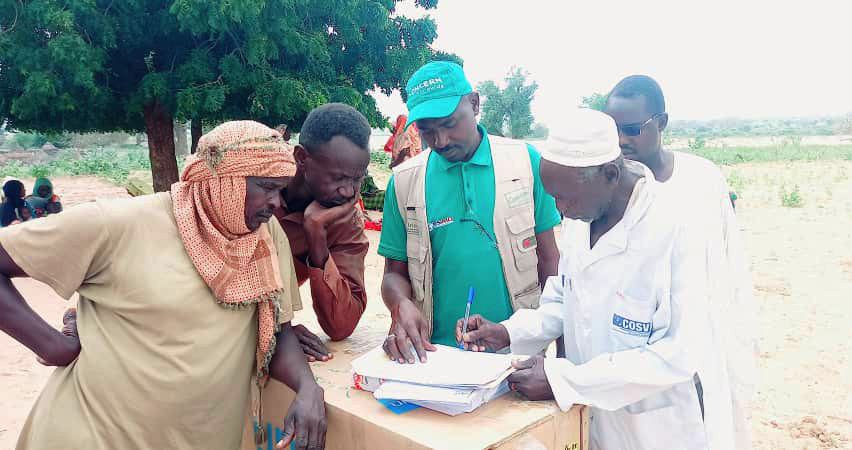
The scale of the humanitarian catastrophe needs to be recognized and acted upon by the international community. At the UN General Assembly a session entitled ‘The cost of inaction” sought to raise attention and international awareness on Sudan. The words were powerful and the appeals were clear, but these must be urgently translated into action:
- Close the funding gap of (69%) of the $2.6 billion needed to save and protect lives of millions of people;
- increase pressure on all parties to resume talks and cease the fighting
Twenty years after the horrors of Darfur shocked the world, the next generation of Sudanese is re-living the same hell, except this time the world is failing to pay attention.
Dominic MacSorley has been working with Concern Worldwide since 1982 and has served in various positions all over the world, including as Global CEO for ten years. Dominic was appointed in January 2023 as Humanitarian Ambassador for Concern Worldwide. His responsibilities include senior level engagement with key donors and policy makers, including with USAID, InterAction, and representing the organization at the United Nations. He is currently on secondment as Interm Country Director for Sudan.
